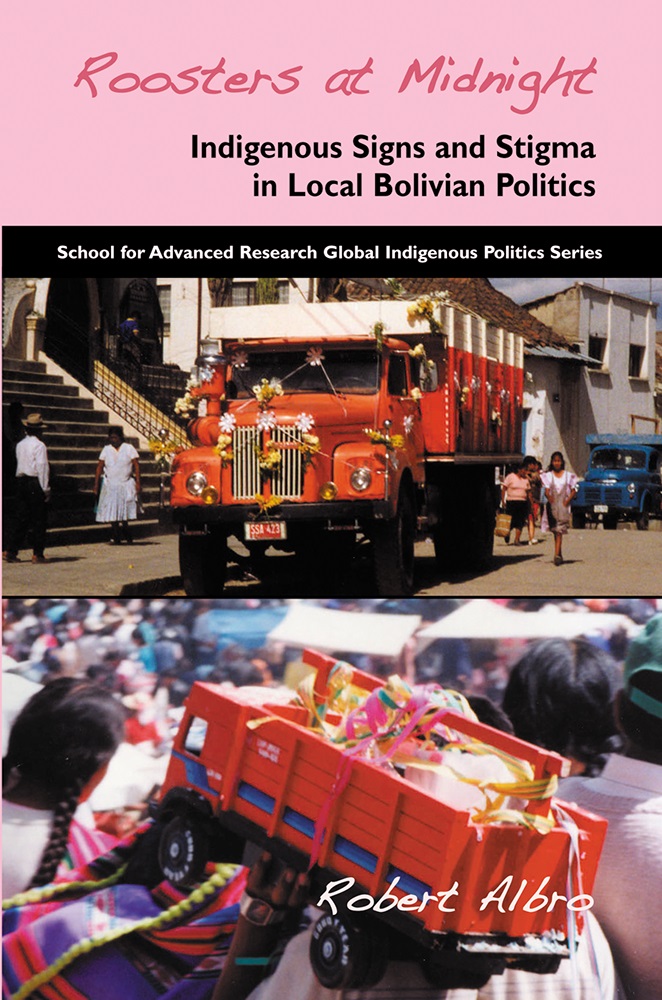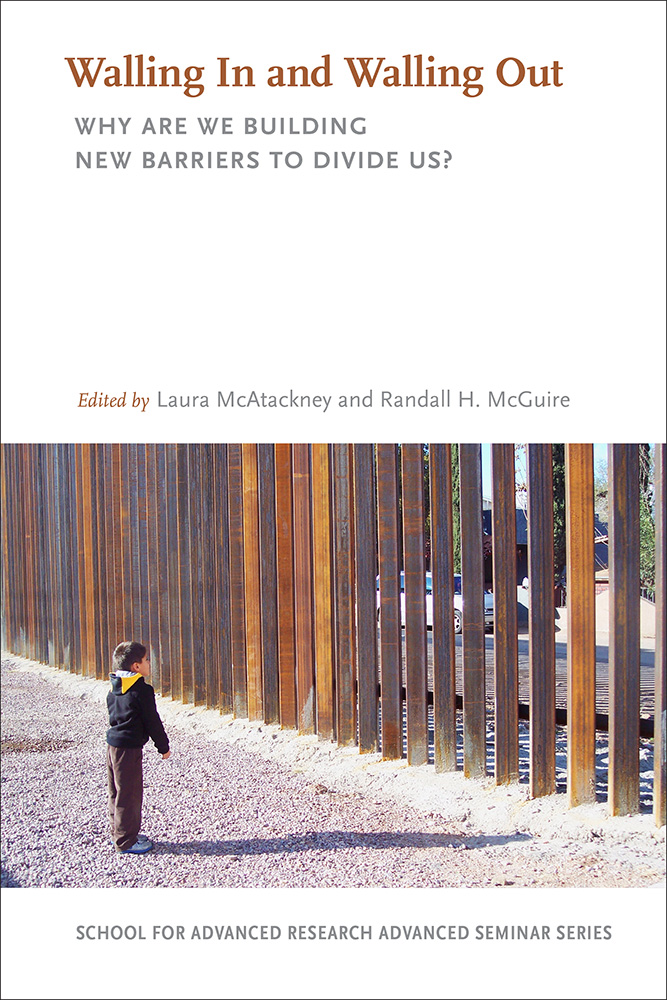When life seems to be changing day by day, if not hour by hour, we look to sources of information that we have come to know and trust. Books like those published by SAR Press are resources that readers can return to again and again, not only for the most current thinking, but also for the long view: histories that help us to interpret events past and present so that we can work toward a better future.
Although almost any aspect of life can be understood as political in some way, SAR Press has chosen five books on traditionally political subjects—sovereignty, democracy, language revitalization, elections, and walls—for our latest top reads. In her introduction to Democracy, Julia Paley argues that the concept is a “central theme of our times,” yet for all its importance, its meaning is far from obvious:
Through a heightened alertness to what we saw emerging in our ethnographic work, we engaged in a constant process of opening up new questions. It became evident that our dialogues with people in our field sites, beyond illuminating different understandings of democracy (which they did as well), continually generated new ways of framing our inquiries. This analytic openness is what we see as the contribution of anthropological approaches to democracy.
In fact, analytical openness and interdisciplinarity characterize all of our top reads and their contributions to our understanding of contemporary politics.
Below you’ll find a list of SAR Press books addressing political themes, along with a few others on related subjects.

Beyond Red Power: American Indian Politics and Activism since 1900
Daniel M. Cobb and Loretta Fowler (editors, 2007)
“We need continued emphasis on the internal dynamics of Indian persistence, on how tribal people have continued to function as separate communities against sometimes overwhelming odds. The exploration of the complex, internal nature of Indian politics requires combining anthropology, history, sociology, and other disciplinary approaches. These new perspectives should engage Indian activism at various analytical levels that will help us account for the success of Indian politics and today’s prosperity of tribal governments in the twenty-first century.”
—Donald L. Fixico

Democracy: Anthropological Approaches
Julia Paley (editor, 2008)
“An anthropological approach is not about developing a somehow more precise set of mechanisms for determining whether a country is or is not a democracy. That would cordon off definitions of democracy precisely at the moment we seek to open them up. Instead of developing new criteria, in this volume the authors are interested in two main things: first, detecting the many variations associated with the term democracy in a broad array of contexts and, second, understanding the way democracy has been conceptualized in public discourse and practice.”

Fixing the Books: Secrecy, Literacy, and Perfectability in Indigenous New Mexico
Erin Debenport (2015)
“I concentrate on looking at the role of literacy in the formation of groups and the ways that such groups have been connected to political participation in the social science literature, using the San Ramón case as a counterexample to some of the prototypical cases of textual circulation. At San Ramón Pueblo, literacy is a technology capable not only of spreading information but also of controlling it, in two ways: first, through regulating the circulation of cultural materials and, second, by shaping their formation during processes of editing and negotiation.”

Roosters at Midnight: Indigenous Signs and Stigma in Local Bolivian Politics
Robert Albro (2010)
“Set in the largely urban provincial capital of Quillacollo, this book is an ethnographic examination of municipal politics in the context of renewed elections of local-level officials beginning in 1987 after a hiatus of almost forty years. And in the words of one counterpart in Quillacollo, ‘This was the moment when people of humble descent began to enter’ into local politics. . . . But the recent story of the undeniably historic political empowerment of Bolivia’s indigenous peoples is not just the story of the Morales administration’s successful constitutional referendum. It is more importantly a story about the changing significance of what it means to be indigenous in contemporary Bolivia.”

Walling In and Walling Out: Why Are We Building New Barriers to Divide Us?
Laura McAtackney and Randall H. McGuire (editors, 2020)
“This range of case studies is intended to reveal the particularities of a variety of wall-building projects across the globe. In doing so, the contributors point out an array of commonalities, such as the idea of using walls to keep undesirables out, as well as differences, such as the form and use of the material that walls put in place. This diversity is to be celebrated, but throughout this volume we emphasize two questions: How do contemporary walls succeed or fail at resolving the problems they are built to address? What are the unforeseen repercussions of an increasingly materially segregated world?”
You may also want to consider
- American Arrivals: Anthropology Engages the New Immigration, edited by Nancy Foner, 2003
- The Evolution of Leadership: Transitions in Decision Making from Small-Scale to Middle-Range Societies, edited by Kevin J. Vaughn, Jelmer W. Eerkens, and John Kantner, 2010
- Maya Nationalisms and Postcolonial Challenges in Guatemala: Coloniality, Modernity, and Identity Politics, by Emilio del Valle Escalante, 2009
- (Mis)managing Migration: Guestworkers’ Experiences with North American Labor Markets, edited by David Griffith, 2014
- Remapping Bolivia: Resources, Territory, and Indigeneity in a Plurinational State, edited by Nicole Fabricant and Bret Gustafson, 2011
(Featured image by Janine Robinson on Unsplash.)
Find out more about SAR Press and order any of our books.
SAR has been publishing scholarship of the highest caliber for over one hundred years.

